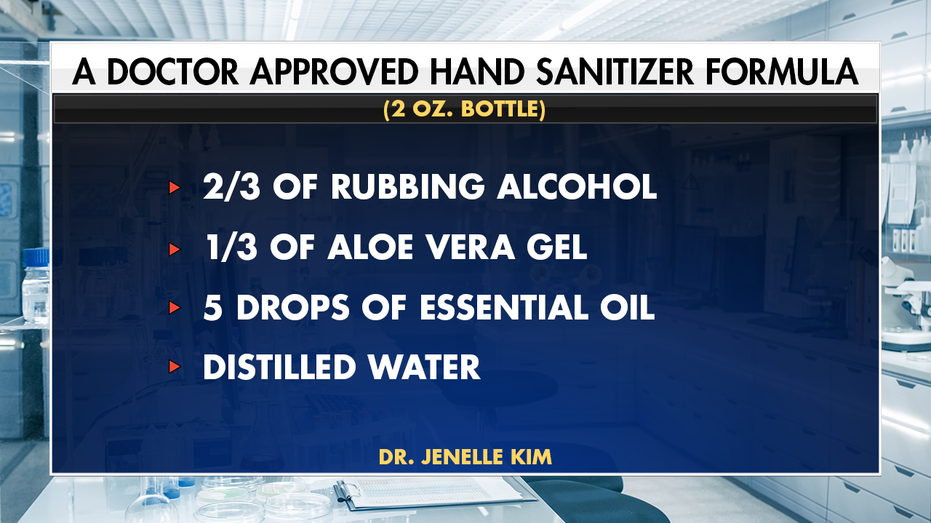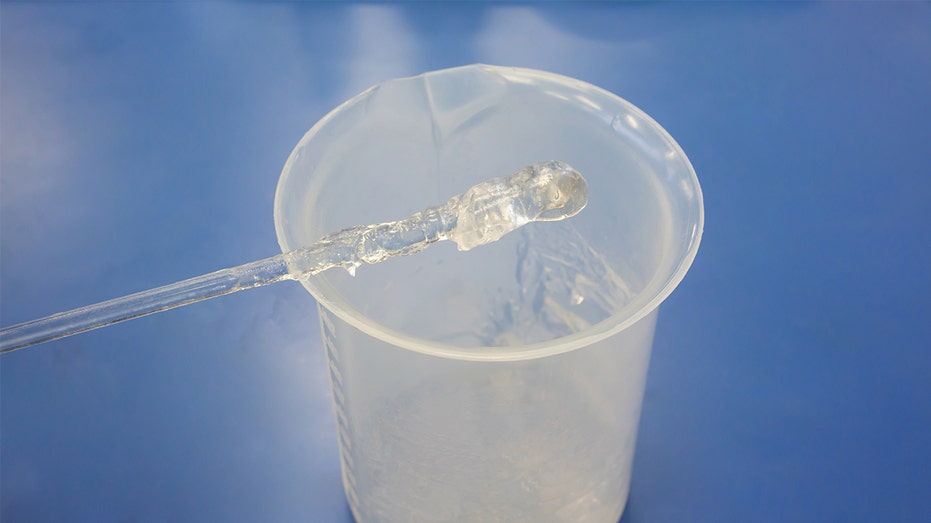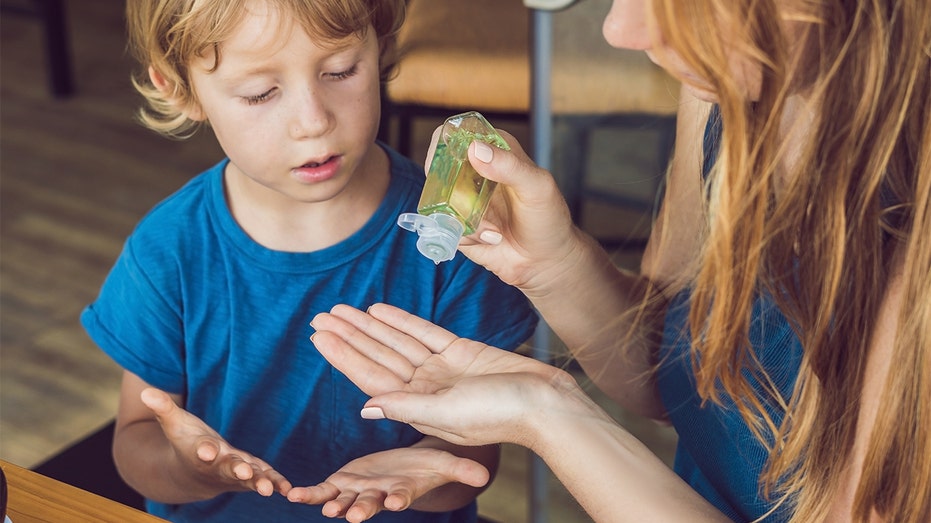Coronavirus hand sanitizer you can make at home — and it's doctor-approved
Here's how you can make your own hand sanitizer if washing your hands isn't an option
As the number of confirmed coronavirus cases has surpassed 95,260 around the globe, shoppers have flooded stores of all types to snag a few bottles of hand sanitizer, which has left some shelves completely bare.
Add in the fact that supply chains have been shot with the manufacturing slowdown in mainland China, and Americans can very well be facing a hand sanitizer shortage. Luckily, doctors have shared do-it-yourself recipes that are sure to kill virus-causing bacteria to ease consumer fears.
CORONAVIRUS CAUSES SANITIZER SHORTAGE, PRICE GOUGING
FOX Business spoke with Dr. Jenelle Kim — the founder and lead formulator at JBK Wellness Labs in San Diego — to find out which DIY formula is best for minimizing the chance of contracting COVID-19. As someone who has worked on a number of sanitizing products, Kim says, “Given the whole situation that's occurring right now around us, where people are a lot more heightened, it's totally understandable to go this DIY route and be precautious.”
Here is Kim’s winning hand sanitizer formula for an easy and effective DIY experience:
Ingredients
For a DIY hand sanitizer, the most important ingredient is alcohol, and it should make up the base of your formula.
“According to the CDC, the most effective ingredient to use is ethyl alcohol. And they actually say 60 to 80 percent is when you actually get effective,” Kim says. Other antibacterial ingredients such as vodka and witch hazel can be used instead if that’s what a user prefers, but Kim notes that ethyl alcohol is the better option for killing viral germs.
FDA SENDS HAND SANITIZER BRAND PURELL STRICT WARNING
Since alcohol can be drying to the skin, it is important to balance out its effect with hydrating ingredients, according to Kim. Aloe vera gel and Vitamin E oil are “nourishing, moisturizing and healing,” but if you want a less runny consistency like traditional hand sanitizers, it’s better to opt for the gel. Liquid formulas are easier to use when they are placed in a spray bottle, Kim notes.

Aside from alcohol, an at-home hand sanitizer can be enhanced fragrance-wise with antibacterial essential oils.
“The ones that are most well-known are citrus when it comes to antibacterial, antiviral," Kim explains. "And so you have your orange essential oils, your lemon essential oil; tea tree is one that's been around for forever as a very powerful antiviral, antibacterial essential oil. There's rosemary and of course, the list can go on.”
When your mixture has been poured into the container of your choice, Kim says the rest can be topped off with distilled water or boiled water if there is space permitting.
Tools and storage
To ensure your formula won’t be compromised and remains effective, Kim stresses that all tools and containers should be sterilized beforehand.
“For mixing, you know, something wooden is always nice,” she says. “The way that we would package it and ultimately probably bottle with a regular cap.”
CLOROX BOOSTS SANITIZER OUTPUT AMID CORONAVIRUS-DRIVEN DEMAND

(iStock)
“It doesn't have to be refrigerated or anything,” Kim explains. “This formula is pretty stable and will keep its potency; so just as you would with like Purell, you can pretty much take it anywhere.”
If sealed correctly, Kim says your homemade hand sanitizer can last anywhere from six months to a year.
User beware
For individuals who have sensitive skin or skin conditions that are prone to dryness or irritation, an alcohol-based hand sanitizer might not be ideal for prolonged use. Kim advises users to do a small patch test to see how their skin reacts to the formula.
GET FOX BUSINESS ON THE GO BY CLICKING HERE
In some circumstances, it might be beneficial to use a hydrating lotion after applying hand sanitizer. “It's always important to let hand sanitizer dry completely,” Kim adds.

(iStock)
And of course, when all else fails, washing your hands is the best bet. As a final piece of advice, Kim says, “Anytime you can wash your hands with soap, you know, for 15 seconds or my favorite, sing 'Happy Birthday' twice in your head, it’s always the most effective.”
CLICK HERE TO READ MORE ON FOX BUSINESS




















